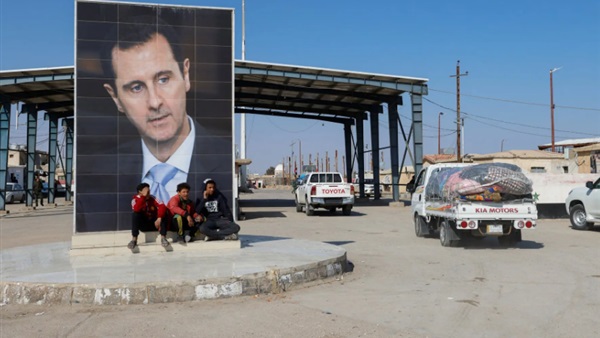Syria's Assad Seizes Opportunity Through Disaster Diplomacy to Inch Back onto World Stage

Syria's Assad takes advantage of international attention to
revive his image, while the earthquake reveals the country's weak
infrastructure and limited international support.
Syria's President, Bashar al-Assad, has taken advantage of
the international attention following the recent earthquake to make a bid for
rehabilitation into the global community. This event offers a moment for Assad
to advance his slow-burn efforts of returning to the international fold through
disaster diplomacy, which has resulted in several world leaders contacting him
and international aid coming into the country. Nevertheless, it remains a
Pyrrhic victory for the leader, given that most of the support comes from
allies such as China, Russia, and Iran, who provide aid only in battle
situations, not to support struggling civilians.
The disaster has exposed the limits of the alliances that
the Assad regime has built and its failure to support its citizens' needs.
Additionally, the earthquake has exacerbated the existing economic and social
challenges that the country faces, making the situation even more desperate for
the civilians. There are many areas in the country where there is a shortage of
medical equipment, medicines, and heavy machinery required for rescue missions.
The regime's continued struggle for control over Syria has meant that large
parts of the country are controlled by different groups, including opposition
forces, Islamist rebels, and Kurdish fighters. There are still nearly 900
American troops in Syria, and the country remains plagued by chronic food and
fuel shortages, as well as having millions of displaced citizens.
This situation highlights the difficulty of Assad's position
in trying to rebuild Syria. Although the disaster has improved his standing
globally, the lack of significant substantive change or the lifting of economic
sanctions by the US and Europe that were imposed in response to his regime's
atrocities continues to isolate Syria. The earthquake has also revealed the
shortcomings of the Syrian government, which despite reclaiming much of the
country's territory, has failed to address the social and economic issues that
plague the nation. The limitations of the support from his allies have been
made clear, making it necessary for Syria to find other ways of addressing its
problems.
As the country grapples with its crises, the earthquake has
exposed the weak infrastructure that is in place in Syria, with most buildings
in the area unable to withstand the tremors. This has left thousands of people
injured or homeless, with some areas becoming vulnerable to disease outbreaks.
The regime's efforts to maintain power have left the country penniless and
fragmented, with citizens feeling the brunt of the economic collapse. The
aftermath of the earthquake is a sobering reminder of the critical issues that
the country must address to get back on its feet.





